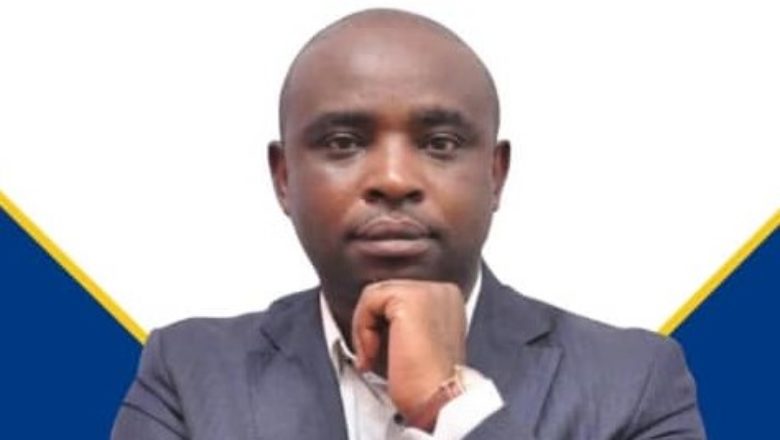By Doh Bertrand Nua
The president of the Cameroon Association of English-Speaking Journalists (CAMASEJ) has disclosed that government’s attack on the press undermines the country’s opportunity to grow its “fragile democracy”.
Viban Jude made the statement in a message he addressed to journalists Sunday November 1, 2020. It was ahead of the commemoration of the International Day to End Impunity for Crimes Against Journalists Monday November 2, 2020.
He criticised government’s incessant attack on journalists while hammering on the case of journalist Samuel Ajiekah Abuwe aka Samuel Wazizi of Buea-based Chillen Muzik Television who is said to have died August 17, 2019 while in military custody.
“…such attacks on the press undermine Cameroon’s opportunity to grow its fragile democracy. When journalists are not safe, reporting meaningful stories is shelved and citizens do not have the information to make evidence-based decisions. Attacks on journalists work towards covering up the truth. This creates a breathing ground for misinformation, abuse of power and public mistrust,” partly read the CAMASEJ statement which also raised serious concerns over the safety of journalists in the country.
“The safety of journalists in Cameroon is at risk. Journalists covering the September 22 protests of the opposition in Douala, Yaounde and Bafoussam were brutalized, arbitrarily detained and their equipment reportedly vandalized by security operatives. No perpetrator has so far been held accountable,” the statement added.
Viban urged government to immediately order an independent probe into the death of Wazizi for justice to take its course as well as investigate other targeted attacks against journalists and ensure that such do not happen again.
“The Wazizi impunity case is one of many for journalists in Cameroon, especially those living in the troubled regions of the North West and South West and covering the Anglophone Crisis which is stretching into its fourth year. The belligerent sides have been unleashing untold terror on journalists. Media workers are also arbitrarily arrested and detained or abducted, as well as tortured in detention facilities,” he stated, while urging “conflicting parties” in the troubled regions to refrain from crimes against media workers.
Flashback on Wazizi case
Worth recalling is the fact that government through the Army spokesman, Colonel Cyrille Serge Atonfack only confirmed Wazizi's death months after pressure kept mounting from the media, family members, colleagues, lawyers and advocacy groups.
Atonfack in his release months back claimed Wazizi died of severe sepsis in a military health facility in Yaounde after he took ill.
CAMASEJ noted that Wazizi was arbitrarily arrested and detained in an undisclosed military installation from August 2, 2019. Cameroonian military claimed he was arrested for cooperating with separatist fighters operating in Fako Division.
However, an independent investigation into his death has since not been carried out and family, colleagues are still to be presented the corpse which the MINDEF said was deposited in the mortuary of the military training centre at Ekounou, Yaounde.
Viban who will this November 30, 2020 clock a year as CAMASEJ president challenged journalists to play their fundamental role of informing citizens without fear or favour.
UN statistics of murdered journalists
According to UN statistics, at least 1200 journalists have been killed within the last 14 years (2006-2019) in the world for reporting news and bringing information to the public. The UN added that it nine out of ten cases, the killers go unpunished.
The UN General Assembly proclaimed November 2 as International Day to End Impunity Agianst Journlaists in General Assembly Resolution A/RES/68/163 in commemoration of the assassination of two French journalists in Mali on November 2, 2013.












worse than physical harm and death, journalists and journalism are being harmed and killed by intellectual assassination through brainwashing and economic blackmail that leaves many of us denying ourselves and surrendering our potent arm (our watching role) in exchange for paltry economic and good guys versus bad guys comfort.
ReplyDeleteKudos Doh.
ReplyDelete